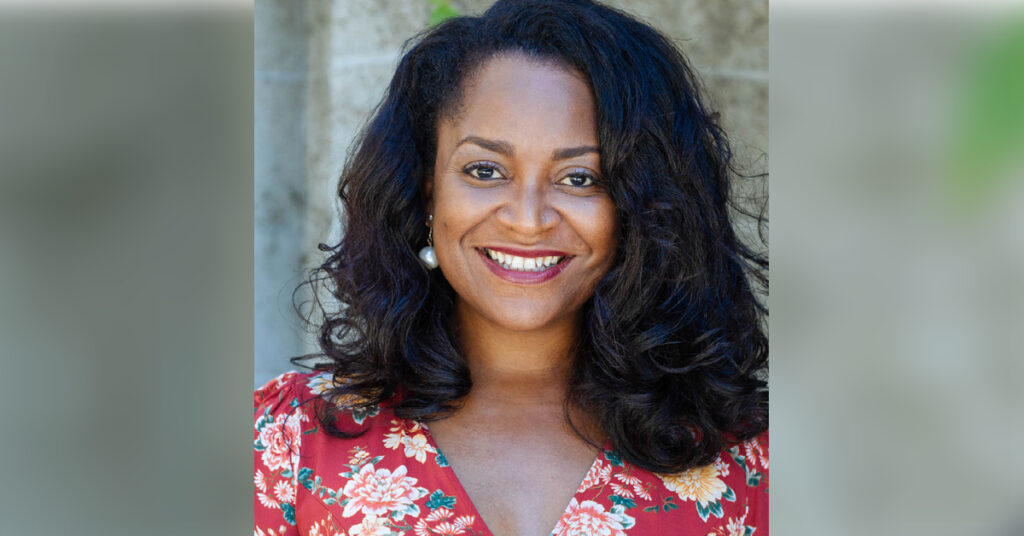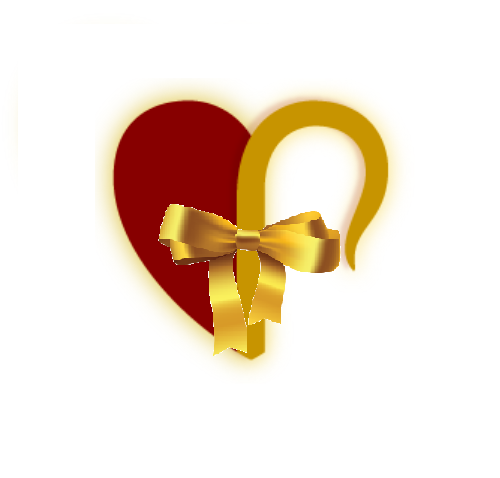
“Oh, That We Could Sing!”
The Healing Power of Song
By September Penn
One of the greatest drawbacks that we are experiencing as we navigate this COVID-19 pandemic is the fact that we are unable to lift our voices together. There is power in communal singing. When we as individuals and as a congregation lift our collective voices with the combined intention of worshipping our sovereign God, we help to heal ourselves and our communities in the process.
While we are not able to sing together at this time, we still can participate in virtual services and events, and sing-along. Some folks may be reading this thinking, “Why the great emphasis on singing?” Maybe you feel intimidated, in particular if you don’t consider yourself a great singer. Please stay with me, and be encouraged. If you can’t sing, then you can try to hum. My point is that our bodies – our beings – need to make sound and vibration.
Research tells us that ‘intention + vibration = healing.’ This healing takes place on a cellular level, and it must, because we need it all the way down to our DNA. Resmaa Menakem, the author of My Grandmother’s Hands, asserts that “trauma can damage the genes in our cells. That damage can be passed on from parent to child, and from the child to his or her own child.”[1] If we are intentional with our music-making we can bring healing to ourselves and those we love.
Without delving too deeply into the science of it all, I hope that we can at least consider the biblical examples provided for us throughout scripture. Look at all the occasions that called for the lifting of a song. There are songs of victory, songs of lament, songs that accompany the journey, songs of ascent. While our songs are telling our stories, they are also tending to the physical need of our bodies.
Returning to Resmaa Menakem, he offers various body practices to do together including two that I have referred to: sing together; hum in sync with others.[2] While these may seem like simple practices, as we strategically connect them with our intentions of healing, we can begin to see shifts within ourselves and others. Haven’t you often heard someone say, “That song just makes me feel good.” Yes, it certainly does.
My organization, The Power of Song, Inc. utilizes various platforms sharing songs, sounds, music, and vibrations. We educate youth and the community about the civil rights movement and various social justice issues through song, theater, and art. We share the history of particular songs used in the movement and how they helped to fortify the protestors. From our large full-scale productions (that are community based), to our smaller ensemble and one-person presentations, we offer intentional opportunities to make music and art that leads to personal and communal healing. We have adapted our programs in order to be able to serve churches, organizations and communities even during this time of COVID. We would love the opportunity to partner with you to help promote conversation and healing.
On Tuesday, February 2, we aired a virtual presentation of our production “Sounds of the Civil Rights Movement: The Power of Song.” The link will remain live to be viewed at your convenience.
September Penn is a 2020 graduate of Fuller Theological Seminary earning a Master of Divinity with an Emphasis in Worship, Theology, and the Arts. She’s the CEO/Artistic Director of The Power of Song, Inc. a non-profit organization that educates youth and the community about the importance of the music of the civil rights music, and other social justice issues through song, theater, and art. She also serves as the Worship and Music Director of Immanuel Presbyterian Church in Los Angeles, CA.

February 2021: Great news! Shepherd Heart has received a grant to offer pastoral support. Inquire here about current availability of funds. Receive a free-of-cost session of pastoral support for church leaders, or pay-it-forward for the next church leader seeking support.
[1] Resmaa Menakem, My Grandmother’s Hands (Las Vegas: Central Recovery Press, 2017), pg. 55
[2] Menakem, pg. 191.
